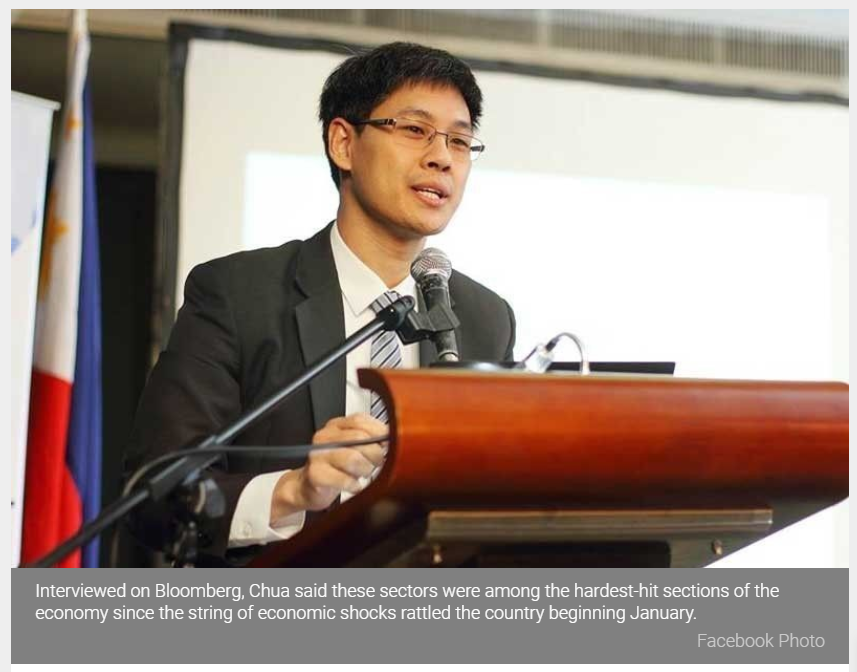Philippines: Travel, tourism sectors lead relief package list
MANILA, Philippines — The tourism and travel industries are among the “easy candidates” for the provision of guarantees and equity infusion by the government as part of its economic recovery plan, acting Socioeconomic Planning Secretary Karl Chua said.
Interviewed on Bloomberg, Chua said these sectors were among the hardest-hit sections of the economy since the string of economic shocks rattled the country beginning January.
“Since January, the whole tourism industry and the travel industry are among the hardest hit not only because of the virus but also because of the Taal Volcano eruption as well as the closure of international tourism when China basically shut down. So those are easy candidates but there are many more that we have to be open to helping,” he said.
On Thursday, Chua said economic managers are proposing to Congress the passage of three expenditure and tax incentive laws to help usher in economic recovery by the second semester of the year.
One of these is the so-called Bayanihan II bill which will be focused on stimulating private consumption and providing liquidity to firms to ensure they survive and remain viable.
Borrowings from microfinance, cooperative, rural, and thrift banks will be supported by wholesale banking operations of Land Bank of the Philippines (LBP) and Development Bank of the Philippines (DBP). Under this system, loans will be bought up by government banks to free up the lending envelope of small finance institutions for micro businesses.
Small and medium firms, meanwhile, can be provided with credit guarantees and wage subsidies.
Large firms can be provided equity infusion to match the amount that banks are willing to lend to them.
“For the larger firms, we have asked them to help the country also because we want a whole of nation approach. But there are very strategic firms and those that are very hard hit that we would need to provide equity infusion to match whatever the banks will lend them,” said Chua.
“Our idea here is to create a joint venture with the government and private sector participating. But we will do this in a time-bound, targeted with conditions. So that we address this problem faster and we minimize the fiscal risk to the government.”
Under another proposed measure, the economic team is also proposing the across-the-board immediate lowering of corporate income tax rate to 25 percent from 30 percent starting July.
New investors will also be offered targeted, time-bound incentives to attract the right types of investments and to attract firms fleeing China.
The national budget next year is also proposed to be designed to support recovery efforts with expenditure prioritized for health, infrastructure, agriculture, food value chain and other priorities.
Mobility restrictions caused by the Luzon-wide lockdown meant to arrest the spread of the new coronavirus that causes the COVID-19 disease has lead to some P700 billion in losses for businesses because of closures.
Surveys conducted by NEDA on the economic impact of the contagion showed that the restrictions on mobility have so far caused 2.2 million workers to lose their jobs or source of income.
As such, Chua said the country’s unemployment rate may register a double-digit growth by the second quarter of the year.
“We are seeing that unemployment will likely be double digit. We are waiting for the second quarter labor force survey, and we are ready to address that,” said Chua.
Source: https://www.philstar.com/business/2020/05/17/2014486/travel-tourism-sectors-lead-relief-package-list


 English
English




